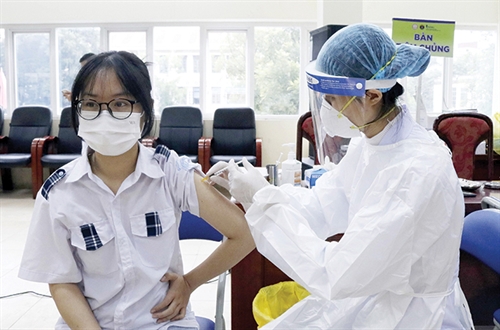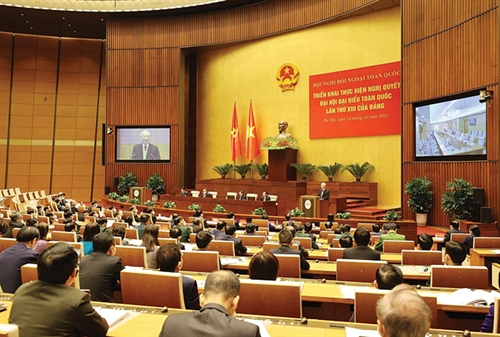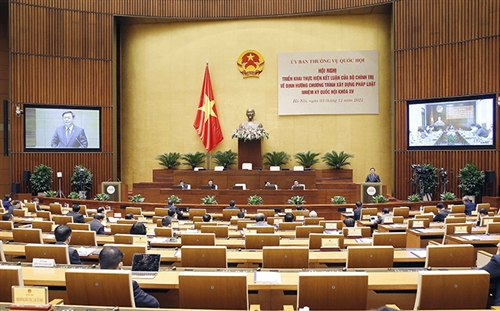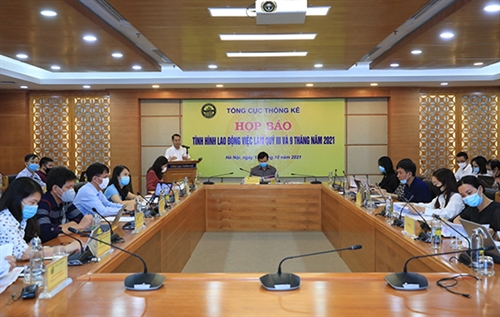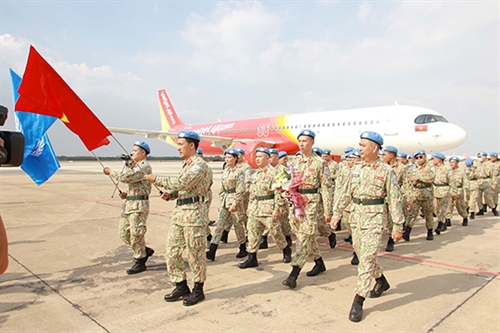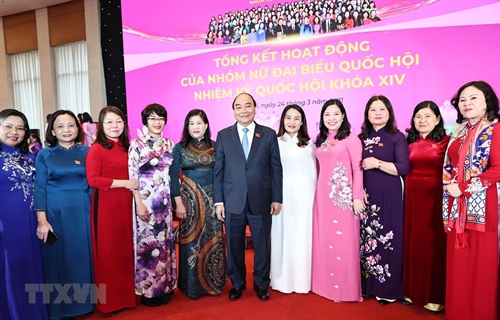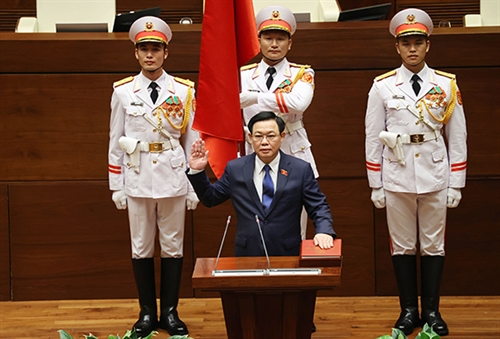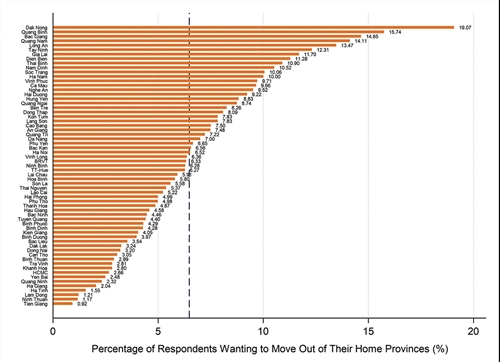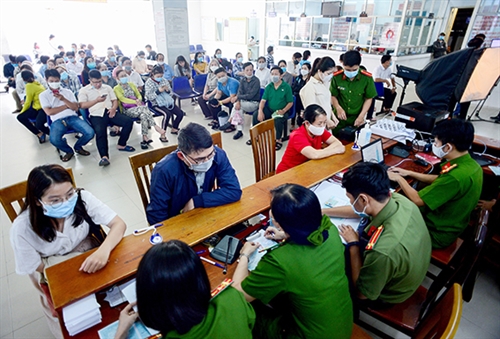1. Law on Environmental Protection
Under the 2020 Law on Environmental Protection, investment projects will be classified into four groups: highly likely, likely, unlikely, and highly unlikely to exert adverse impacts on the environment. Management mechanisms applicable investment projects will be decided by state management agencies on a case-by-case basis. Particularly, group-I investment projects, i.e., projects highly likely to exert adverse environmental impacts, will be subject to preliminary environmental impact assessment.
Notably, the Law synchronizes environmental management tools for each stage of an investment project, starting from the step of consideration of investment policy, project appraisal and implementation till the project is put into official operation. These tools include national environmental protection strategy, environmental protection master plan, strategic environmental assessment, preliminary environmental impact assessment, environmental impact assessment, environmental license and environmental registration.
Compared to the 2014 version, the Law cuts more than 40 percent of administrative procedures and shortens the time for carrying out administrative procedures by 20-85 days, thus reducing compliance costs for businesses.
Interested readers can refer to the English text of the Law on the Official Gazette, issues 133-139 of 2020.
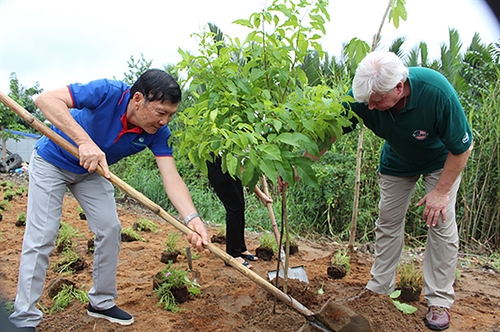 |
| Representatives from Vietnam Waste Solutions Inc. plant trees along the road to the Da Phuoc Waste Treatment Complex in Ho Chi Minh City__Photo: thegioimoitruong.vn |
2. Law on Vietnamese Guest Workers
The Law, replacing the 2006 Law on Vietnamese Guest Workers, contains several salient new provisions. For example, it bans the collection of brokerage commissions from workers; exempt workers from double payment of social insurance premiums and personal income tax in case Vietnam and the country where they are sent to work have signed a social insurance or double taxation avoidance agreements. The Law also requires workers, within 15 days after returning to the country, to make a notice to authorities of the locality where they used to reside before going abroad or of the locality where they reside after returning home.
The Law was translated into English and is published on the Official Gazette, issues 127-132 of 2020.
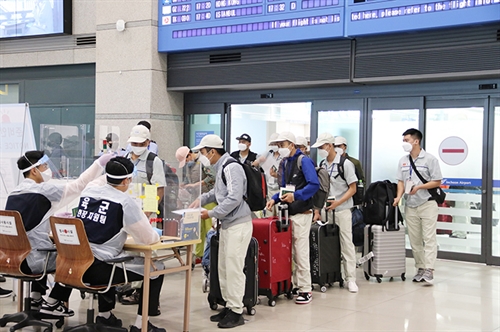 |
| Vietnamese workers carry out procedures for entry into the RoK at Incheon airport__Photo: VNA |
3. Law Revising the Law on Handling of Administrative Violations
The Law contains 75 amendments and supplements to the 2012 Law on Handling of Administrative Violations which has some of its articles revised in 2014 and 2017.
Under the Law, if a person commits more than one administrative violation or repeats an administrative violation, he will be sanctioned for each violation, unless repetition of the administrative violation is considered an aggravating circumstance according to the Government’s regulations.
Noteworthily, the Law raises maximum fine levels in 10 fields. For example, the maximum fine for violations in the field of road traffic will be VND 75 million, instead of VND 40 million, and violators of press-related regulations will face a fine of VND 250 million, rather than VND 100 million.
According to the new Law, there will be more entities competent to impose administrative sanctions, including the State Audit Office of Vietnam, National Competition Committee, Chairperson of the National Competition Committee, head of the Civil Judgment Enforcement Agency under the Ministry of Justice, head of the judgment enforcement management agency under the Ministry of National Defense. The number of entities empowered to confiscate material evidence and means used in administrative violations regardless of value will also increase.
Besides, the Law allows the use of technical devices to detect administrative violations in several fields such as firefighting, search and rescue, drug prevention and control, and alcohol harm prevention and control, rather than restricting to the fields of road traffic and environmental protection.
The English version of the Law is accessible via the Official Gazette, issues 127-132 of 2020.
4. Law on Vietnam Border Defense
Replacing the 1997 Ordinance on Border Defense, the new Law aims to resolve shortcomings and problems in border defense activities in realities and, at the same time, specifies the Party Political Bureau’s Resolution 33 of 2018 on the strategy on national border defense.
To this end, the Law introduces new special policies on economic, cultural, social, scientific, technological and diplomatic development in border areas. It also specifies cases subject to restriction or suspension of activities in the border belts and border areas, and travel through land border gates or border crossings, for instance, upon occurrence of armed conflicts, terrorism, and hostage situations.
Regarding policies toward the border guard forces, under the Law, border guard officers and soldiers who have served in border areas or islands for five years or more and wish to settle down there will be allocated residential land and given with supports in terms of accommodation, employment for their spouses, etc.
The English translation of the Law is published on the Official Gazette, issues 121-126 of 2020.
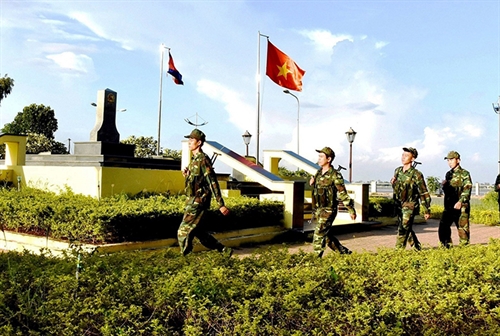 |
| Border guards on patrol along the borderline in An Giang province’s Vinh Xuong international border-gate area__Photo: Xuan Khu/VNA |
5. Law on Drug Prevention and Control
The new Law, which supersedes the 2000 version, provides for two forms of drug addiction treatment, i.e., voluntary and compulsory treatment.
Accordingly, drug addicts aged full 18 years or older will be consigned to compulsory drug rehab establishments if they fail to register for, refuse to receive, or deliberately discontinue, voluntary drug addiction treatment; are detected to have illegally used drugs during the period of voluntary addiction treatment; or relapse into drug addiction.
Notably, the Law has an article on compilation of dossiers for consignment of drug addicts aged between full 12 years and under 18 years into compulsory drug rehab establishments.
The full-text English translation of the Law is available on the Official Gazette, issues 56-60 of 2021.
6. Law Revising the 2015 Statistics Law and the List of National Statistical Indicators
From 2022, a new list of national statistical indicators will be used in replacement of the list issued together with the 2015 Statistics Law.
The new list includes 21 groups with 230 national-level statistical indicators which reflect fundamental and core contents on economic, social and environmental aspects. These indicators will help assess the implementation of the 13th National Party Congress’s Resolution and the 2021-30 socio-economic development strategy, sustainable development policies and the Fourth Industrial Revolution, focusing on digital transformation and digital economy; green economy, circular economy, and inclusive growth; improvement of competitiveness and development of logistics services; gender and gender equality; international integration and implementation of Vietnam’s international commitments.
The Law is published on the Official Gazette, issues 133-136 of 2021.-
